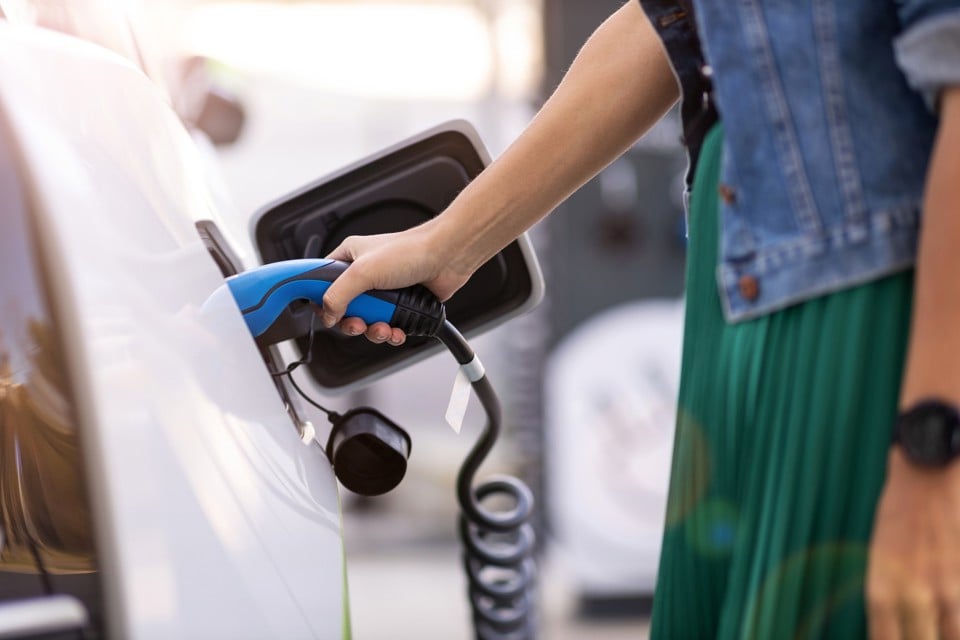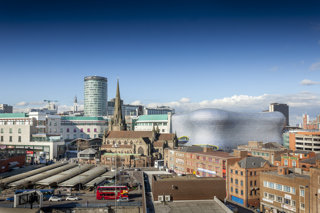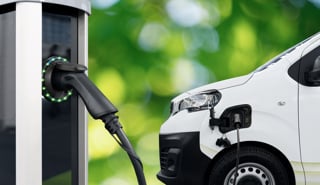Local leaders want new powers to decarbonise transport, including reducing the cost of connecting electric vehicle (EV) charging networks to the grid, to deliver Net Zero.
At an international climate change summit today (Tuesday, July 13) in Birmingham, a joint communiqué, signed by 32 local and regional leaders, is proposing a series of measures to help cut emissions.
The International Net Zero Local Leadership Summit is being co-convened by the Mayor of the West Midlands, Andy Street, and UK100.
Alongside cutting the cost of connecting EV charging networks to the grid, the communiqué calls for a clear and long-term plan and resources for the decarbonisation of new and existing buildings and homes.
The signatories included 32 Mayors and Leaders from major cities and urban areas like the West Midlands, Glasgow, Cardiff, London, Greater Manchester, Liverpool, Leeds, Bristol, Newcastle as well as rural areas like Cambridgeshire, South Gloucestershire, the West of England and Cornwall.
The Climate Change Committee recently estimated that local authorities can influence around one third of the emissions in their local areas through place shaping and partnerships.
The communiqué is also calling for ‘strategic energy bodies (or similar mechanisms) to address market failure’, which it says would ensure a duty of collaboration between public bodies with responsibilities around waste, transport and planning - like local councils - and the energy infrastructure companies known as ‘distribution network operators’ (DNOs).
Andy Street, Mayor of West Midlands, said: “We’re asking ministers to give us the powers and the funding to do more. We want to work hand-in-glove with Government to accelerate the drive to Net Zero.”
Polly Billington, CEO of UK100, added: “We need a power shift from central government to local communities to tackle climate change.
“Local leaders are more trusted, more accountable and in the case of the UK100 - more ambitious in accelerating the path to Net Zero.”























Login to comment
Comments
No comments have been made yet.